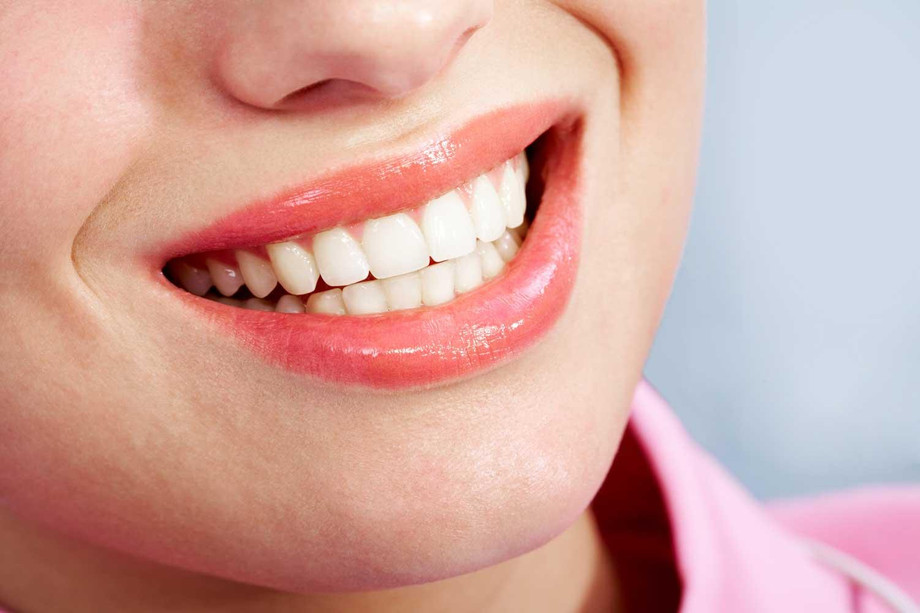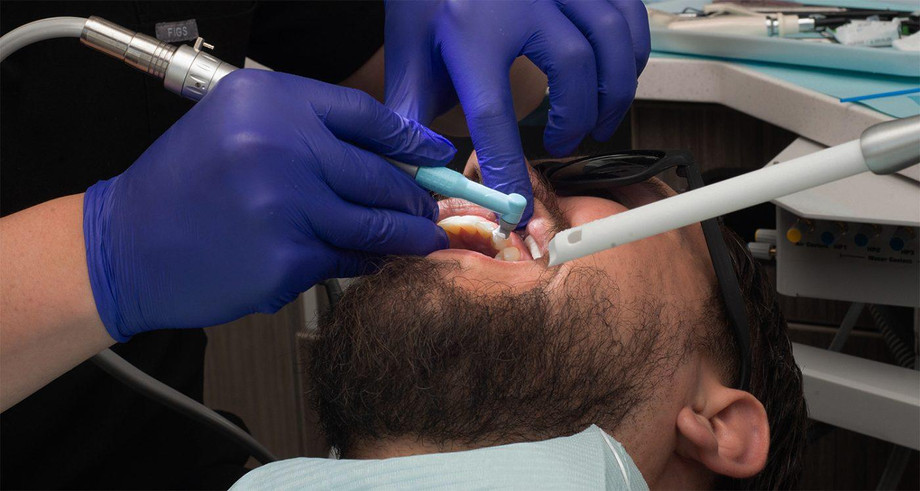What Do You Know About Sleep Apnea?
Body
According to sleep apnea doctors near me, at least 7 hours per night is essential for adults, but about one-third of us don't get enough sleep. As a result, you may develop serious health issues like diabetes, heart disease, depression, and obesity. Sleep apnea is a significant factor in restless sleep.
The good news is that sleep apnea is treatable, a potentially severe sleep disease in which breathing periodically pauses and resumes while you sleep. According to the best orthodontist near me, sleep apnea may occur if you snore loudly and still feel exhausted after a full night's rest.
What are the types of sleep apnea?
Understanding the various forms of sleep apnea can assist a person in determining the root of their symptoms and obtaining the appropriate medical attention. According to the emergency orthodontist near me, the main types of sleep apneas are:
Obstrucrtuve sleep apnea
Orthodontics for adults near me believes that OSA is the most prevalent type of sleep apnea. When the mouth and throat are functionally blocked, it happens. Breathing becomes more challenging, or in some circumstances impossible, when, for instance, the tongue rests against the soft palate during sleeping, followed by the soft palate and uvula resting against the neck. Due to the tongue and soft palate rattling, OSA can cause snoring.
Central sleep apnea
Although upper airway restriction prevents it from happening, Central sleep apnea also impairs breathing at night. Instead, a neurological condition is to blame. There is no snoring because, unlike in OSA, the body does not attempt to breathe during central sleep apnea. Instead, the person stops breathing because the brain and neurological system do not regularly provide a signal to breathe.
While some persons show no symptoms, others may observe:
- Sleeplessness
- Daily sleepiness
- Shortness of breath or a panicked feeling upon waking
- Difficulty in concentration
Complex sleep apnea
According to urban dental Houston midtown, one type of sleep apnea that combines central and OSA is complex sleep apnea syndrome. A preliminary sleep investigation may occasionally reveal complicated sleep apnea syndrome.
Similar to OSA symptoms are the following ones:
- Momentarily waking from sleep
- Daytime fatigue
- Dry mouth and frequent headaches
- Confusion after waking up
- Poor quality sleep or insomnia
What are the treatment options for sleep apnea?
The two most effective sleep apnea treatment options are:
CPAP Machine
Muscles in your throat can relax to the point where soft tissues obstruct your airway, causing obstructive sleep apnea (OSA). The dentist office open on Saturday and believes that a continuous positive airway pressure (CPAP) machine is the most popular and effective treatment. You wear a mask while sleeping, and the CPAP machine pushes a constant stream of air through it, and your airway remains unblocked. That improves your sleep and makes you snore less.
BiPAP Machine
Like a CPAP device, a BiPAP machine delivers an air stream to keep your airways open while you sleep. BiPAP is also known as BPAP. A BiPAP does not consistently deliver the same steady pressure as a CPAP. The BiPAP provides less air while you breathe out because some CPAP users have problems exhaling with that constant pressure.
Conclusion
We hope the above-provided information will help you learn some valuable information regarding sleep apnea and its treatment. For further informative facts and details, please visit urbndental.com.
Article Source : https://www.articleslurp.com/what-do-you-know-about-sleep-apnea/












Comments